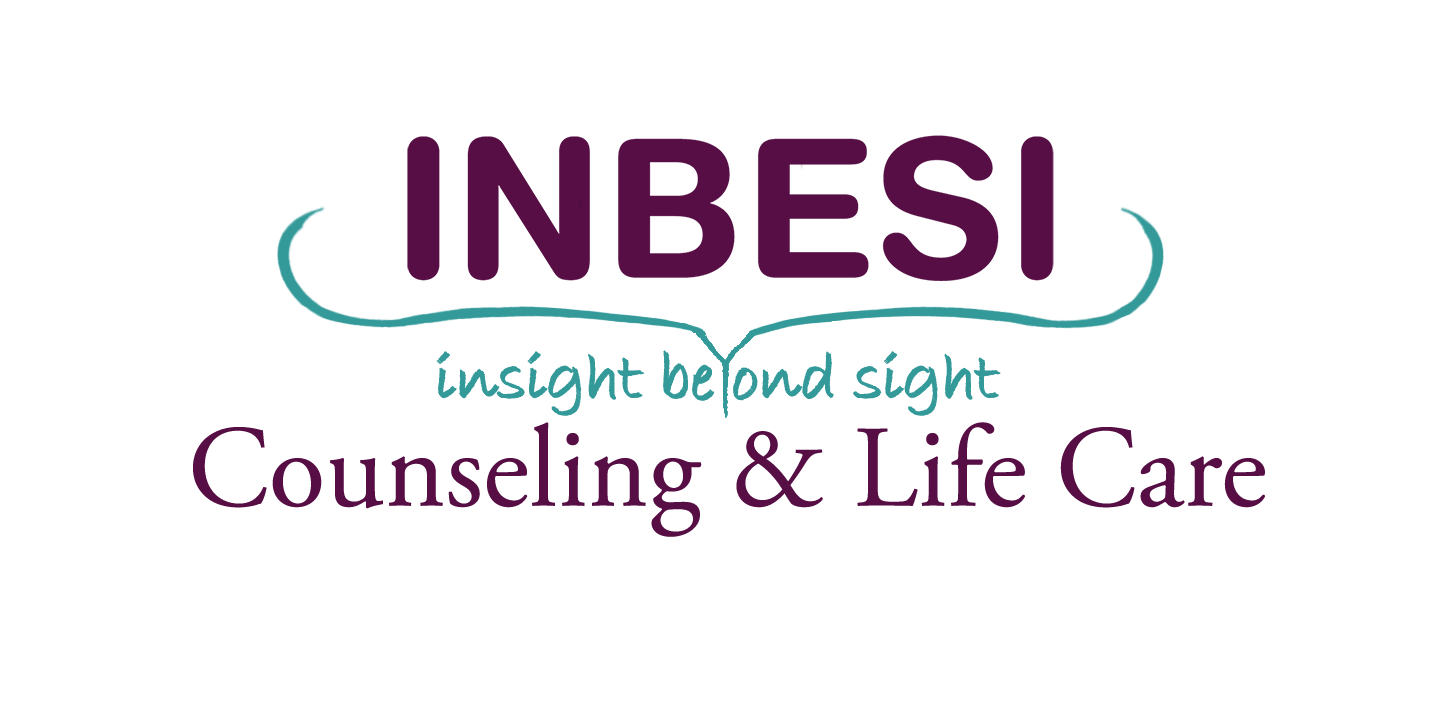Just a quick “hello,” my friend
Before I get busy or forget to send
Warm wishes your way as not to rend
The relationships we oft neglect to tend
Please, take some time now to reach out to another
To one broken, without their child, spouse or mother
To the one who is hurting, suffering under cover
To the one who needs a friend or just a brother
Look closely, you will see the one who has lost joy
The one whose face is not changed by a gift or toy
Can you see the sadness of a man that began in a boy
Can you see her festive attire that serves as a decoy
Pay attention during this season of many highs
Savor the big hugs, but listen for the soft cries
Help them to find, too, the hope of each sunrise
Love them, embrace them until the tear dries
Then we all can have a happy holiday season
A time when we laugh for absolutely no reason
And create memories that are sure to be pleasing
Because we saw you and gave what was needed
Copyrighted 2016 Loria Lofton

